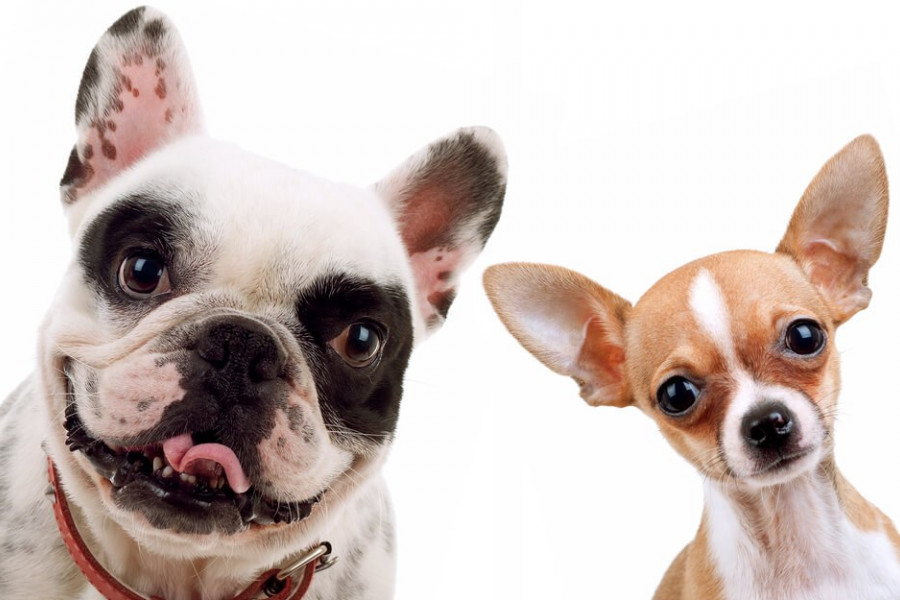Does Your Dog Have Morals? New Study Says Your Dog IS Fair, and Not Because of You!

Have you ever wondered if dogs have morals? And if they do, is it something we humans teach them? After all, morals – a standard of behavior or beliefs about what is and is not acceptable to do – including fairness and guilt – are often thought of as human traits. But is this correct? Should we assume that animals don’t have any sense of right or wrong?
A study conducted in 2008 by Friederike Range at the University of Vienna, Austria, tried to shed some light on this idea. Do dogs have a sense of fairness? The research team conducted an experiment on a group of dogs that had all been taught the same trick – to shake (give a paw). Every dog was happy to give their paw when cued, whether they were given a reward or not
But what happened when some dogs were given a food reward and others were not??
As soon as the researchers changed the rules where some dogs were being rewarded and others were not, a significant change took place. In their report, the researchers commented: “We found that the dogs hesitated significantly longer when obeying the command to give the paw” when some were being rewarded and some were not. Eventually the dog who were not being rewarded stopped responding to the cue altogether.
NOT FAIR!
Based on this research, animal behaviorists were pretty sure that dogs did indeed have a sense of fairness. They are not the only animals that researchers have tested to see if they have a sense of fairness. Prior to Range’s study, a study done by Frans de Waal at Emory University in Atlanta had found similar results with monkeys. In this case, the monkeys would even show signs of displeasure if the other monkey receive a better reward (say a grape instead of a cucumber) for doing the same work.
All of these studies were done with animals with close human contact – did we somehow reinforce or teach this behavior as part of domestication?
In other words, is it more of a response to cues (subconscious or conscious) than the animal having a truly moral compass? For example, reward-based dogs are usually trained via offering or shaping behaviors. So one could argue that the dog has stopped offering that particular behavior because it thinks the human wants something else (and not just because the situation is unfair). However, Range accounted for that by working the same dogs alone. Even without food, the dogs would continue to respond to the cues and work with the experimenter with no signs of agitation.
A Dog’s Sense of Fair Play is NOT from Us
A new study just released by the University of Veterinary Medicine in Vienna, set out to test this theory by looking at wolves, undomesticated relatives of our canine friends.
The study was conducted in a similar format. The wolves were being asked to touch a target that had been placed in their cage. The results were even more interesting – the wolves actually have a LOWER tolerance for unfairness or “inequality” than the domestic dog. One wolf stopped working after just three repetitions of not getting anything while another wolf was reward. He was so frustrated he broke the target.
The opposite of what you might have expected, researchers found that the domestic dog has a slightly higher threshold when it comes to coping with unfairness. They believe this could be because they are used to dealing with humans, who often treat dogs unfairly.
In addition, they found that both dogs and wolves were sensitive to inequality of quality, like the monkeys mentioned above who would react if another monkey received a “better” reward.
What Does This Mean For The Average Dog Owner?
Will knowing your dog has a sense of “fair play” change the way you interact with him? Especially in a multi-dog household? Maybe, maybe not. It could be useful in some training circumstances. For example, if you are working on building up one dog’s variable reward cycle – i.e. you used to give him a reward every time he did a behavior while he was learning, but now that he has mastered it, you want to start fading out those rewards – you may NOT want to train him next to a dog that is still early in the training and getting reward every time, as it could cause your dog to get frustrated and shut down.
More than anything, it’s just cool to continuing discovering just how sensitive and smart dogs really are.
